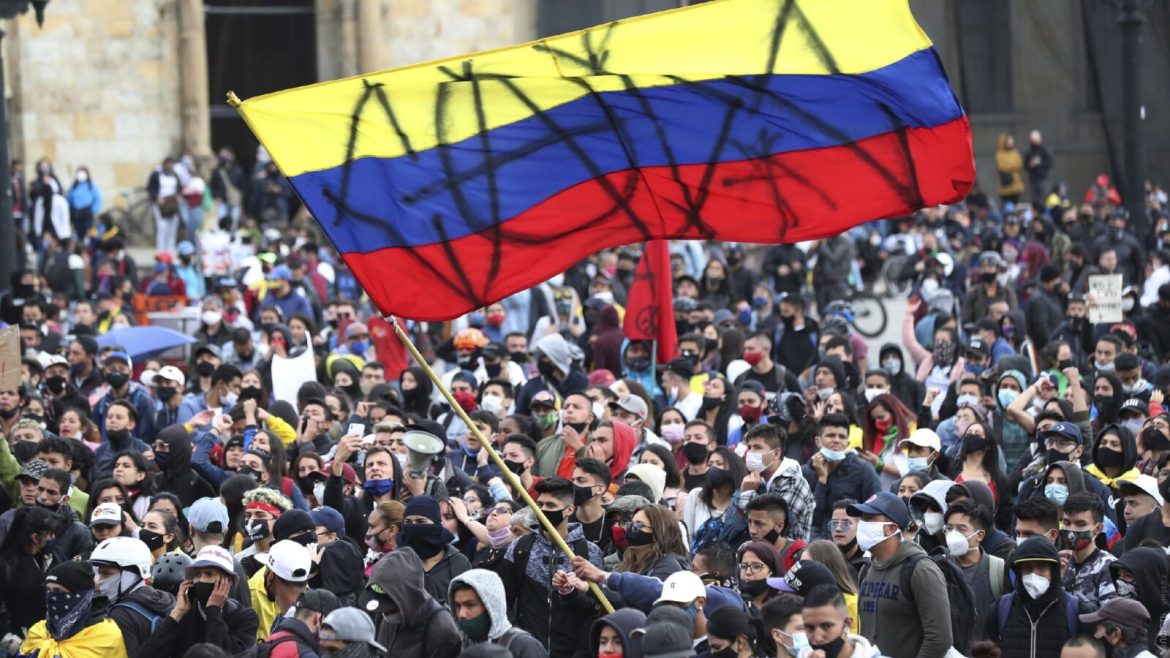Climate change is becoming an important factor influencing international relations. Active efforts to reduce carbon emissions and switch to renewable energy sources raise not only environmental but also geopolitical issues.
Countries take different positions on climate policy. Some, such as the European Union, are pursuing ambitious targets to reduce emissions and move to a green economy. While others, such as the United States under the previous administration, have backed away from such commitments, which has created tensions in international relations.
On the international stage, climate conferences such as the COP are becoming platforms for discussing and developing global agreements. However, many users point out the need for real action, not just declarations of intent. The difference in expectations between developed and developing countries complicates this task.





